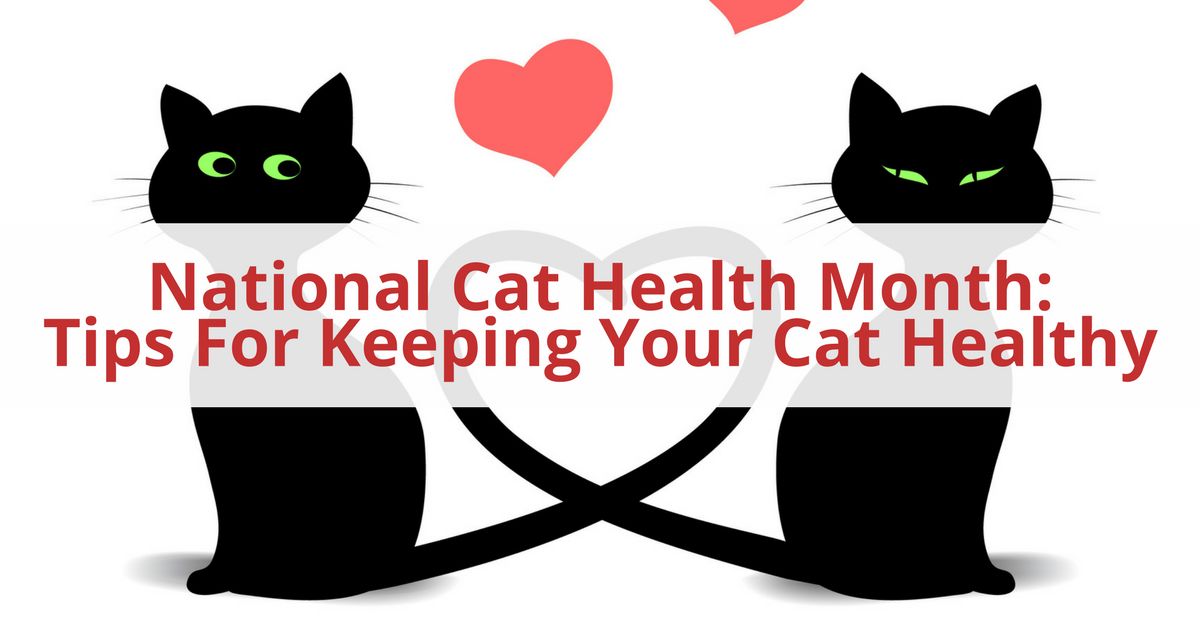DID YOU KNOW? February is designated as the National Cat Health Month.
Sixty-eight percent of U.S. households, or about 85 million families, own a pet, according to the 2017-2018 National Pet Owners Survey conducted by the American Pet Products Association.
You will likely find more cats than dogs in the U.S., mainly because the Cat owners are likely to own more than one cat.
National Cat Health Month was founded to shed light into various health issues and treatment of cats in the country. Unlike dogs, cats are more wandering pets. A cat owner needs to be extra careful when it comes to caring a feline.

8 Tips to keep your Cat Happy
Annual Wellness Check
A wellness check or wellness examination is a periodic medical test of the pets to assess their overall health. A wellness examination may also be called a 'check-up' or a 'physical examination'.
The yearly checkup will allow you to catch any potential issues early, ensuring your furry friend stays in the best of health. A wellness check also includes prevention and treatment, so if it has any issues, the vet can clear it off.
Regular Vaccination
Most vaccinations are given during the wellness check, however, you should ensure to provide necessary vaccination to your cat at the right age. During the annual wellness check, your vet will review any necessary vaccinations to prevent your cat from contracting serious illnesses. Even indoor cats need protection against disease.
Spay or Neuter Your Cat
If you haven’t already done so, now’s a good time to do so. Spaying or neutering your cat prevents it from contacting many illness or diseases. Along with ensuring population control, you can help prevent potential illnesses or conditions related to the reproductive organs.
Dental is Important!
By the age of 3, 70% of cats and 80% of dogs have some form of gum disease. The dental problem isn’t only persistent in senior pets.
Some of the common risks from the dental problem in pets are;
- If your pet remains uncured from dental disease, they are at a higher risk of heart, kidney, and liver disease
- Bacteria under the gum can travel to different internal organs.
- Dental disease can result in bad breath, painful chewing, and tooth loss.
- Broken teeth are a major concern among pets. Chewing on hard surfaces or materials can render their teeth weak. A broken tooth can expose the nerve of the tooth which can be a painful experience for your pet.
You should consider brushing your cat's teeth twice every week and visit for dental check a couple of times a year.
Feed Your Pet a High-Quality Diet
Cats are an obligate carnivore and can’t survive on a vegetarian diet. To stay healthy, your cat needs a high-quality protein based diet. You must include meat in their daily meal and avoid feeding them milk or milk-based food. Cats tend to be lactose intolerant.
Keep Your Kitty Active
You need to keep your cat active. An obese cat can attract many health issues including diabetes. Let your furry friend play, interact, and enjoy outdoor.
Pay Attention to the Litterbox
Cats are naturally clean, and most will instinctively use a litter box; you just have to show yours where it is. Don't place your cat in the box and make little scratching motions with their front paws. This will probably upset your cat and make them leery of the box. Scoop the box at least once daily and periodically wash it with dish liquid and hot water.
Celebrate Your Furry Friends
Spend time with your pet and let them know that you care. Remain a true companion to your pets.